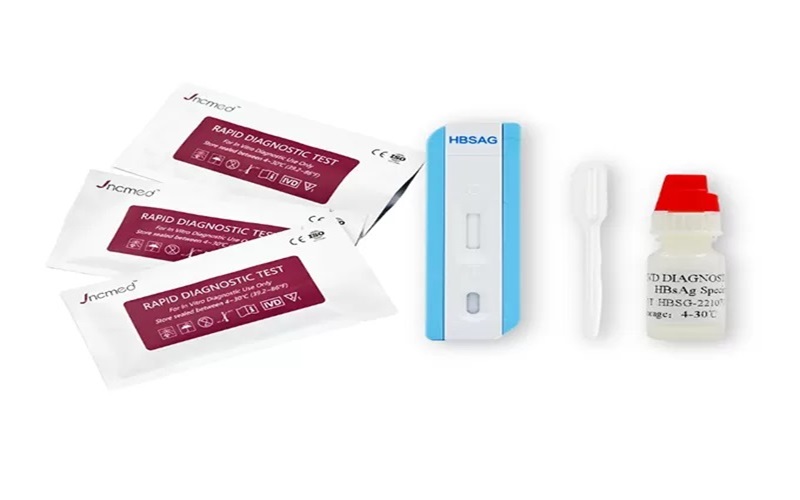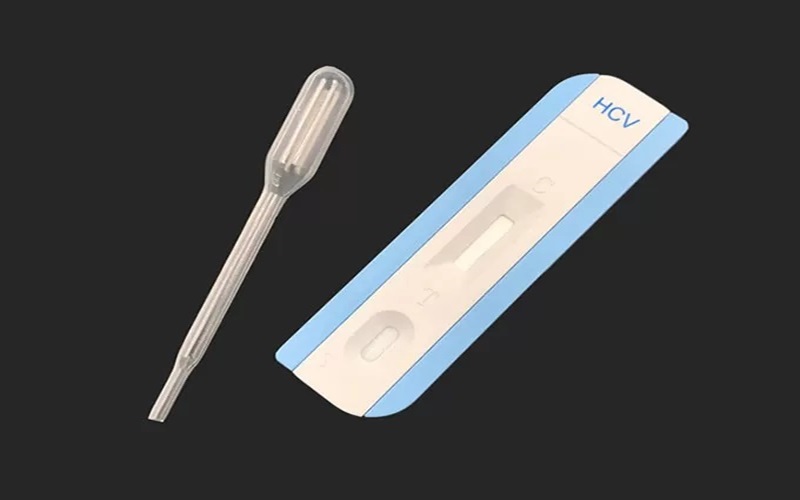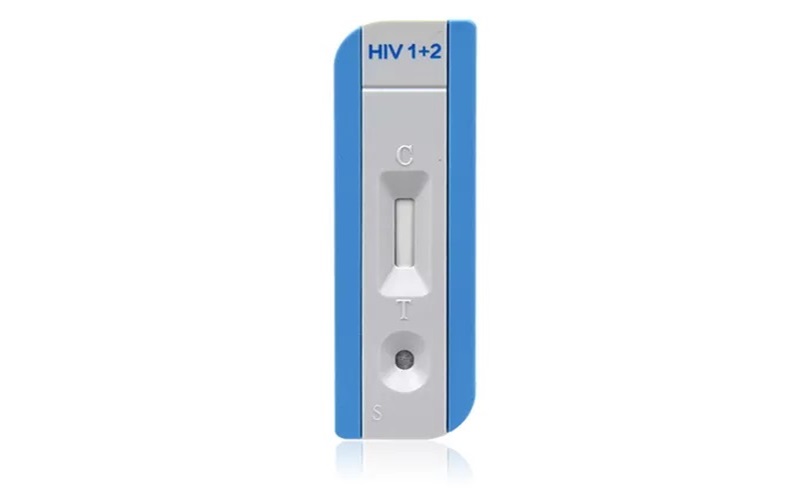Medical bandages are indispensable tools in medical care, widely used for wound protection, fixation, compression, and support. Below is a brief analysis and introduction to medical bandages.

Types of Medical Bandages
There are various types of medical bandages, each with specific uses and characteristics. Here are some common types of medical bandages:
Standard Gauze Bandage
Characteristics: Made of cotton yarn, good breathability, suitable for general wound dressing and fixation.
Uses: Used for the protection and fixation of minor wounds.
Elastic Bandage
Characteristics: Good elasticity and stretchability, can provide moderate compression and support.
Uses: Used for sprains, strains, and other situations requiring support and compression.
Compression Bandage
Characteristics: High compression, effective in controlling swelling and promoting blood circulation.
Uses: Used for venous diseases, lymphedema, and other situations requiring compression therapy.
Self-Adhesive Bandage
Characteristics: No need for clips or tape, self-adhesive, and convenient to use.
Uses: Used for wound dressing and fixation that require frequent changing.
Tubular Bandage
Characteristics: Tubular design, suitable for bandaging and fixing limbs.
Uses: Used for wound dressing and fixation on fingers, toes, etc.
Plaster Bandage
Characteristics: Made of plaster and gauze, it provides strong support after hardening.
Uses: Used for fixation and support after fractures.
Foam Bandage
Characteristics: Made of foam material, provides good cushioning and protection.
Uses: Used for wounds requiring extra protection and cushioning.
Functions of Medical Bandages
Medical bandages are not just simple dressing tools; they also have multiple functions:
Protect the wound: Prevent external contaminants from entering the wound, reducing the risk of infection.
Fix dressing: Secure the dressing on the wound, preventing it from moving or falling off.
Provide support: Offer support to the injured area, reduce movement, and promote healing.
Control swelling: Use compression to control swelling and bleeding.
Relieve pain: Reduce the patient's pain through moderate compression and support.
Application Scenarios of Medical Bandages
Medical bandages are widely used in various clinical and home care scenarios:
First aid and trauma care: Used for first aid and trauma care, quickly dressing and fixing the wound.
Sports injuries: Used for support and compression treatment of sports injuries such as sprains and strains.
Postoperative care: Protection and fixation of postoperative wounds, preventing infection and secondary injury.
Venous diseases: Used for compression treatment of venous varicosities, deep vein thrombosis, and other venous diseases.
Fracture fixation: Used for fixation and support after fractures, promoting bone healing.
How to Use Medical Bandages
Proper use of medical bandages is key to ensuring their effectiveness. Here are some basic methods:
Clean the wound: Clean and disinfect the wound before dressing, ensuring no risk of infection.
Select the appropriate bandage: Choose the right bandage based on the type and location of the wound.
Bandaging method: Use different bandaging methods, such as spiral wrapping, figure-eight wrapping, based on need.
Moderate compression: Ensure the compression of the bandage is moderate, not too tight or too loose.
Fix the bandage: Use clips, tape, or self-adhesive bandages to secure the bandage and prevent it from loosening.
Medical bandages play an irreplaceable role in modern medical and home care. By selecting and using medical bandages correctly, you can effectively protect wounds, provide support, control swelling, and relieve pain. Therefore, partnering with trusted medical bandage suppliers is essential to ensure access to high-quality, effective products for both clinical and personal use. In the future, with the development of material science and medical technology, medical bandages will continue to play an important role in wound care and treatment. JCMED provides a variety of medical bandaging and fixation products to meet your medical needs.



